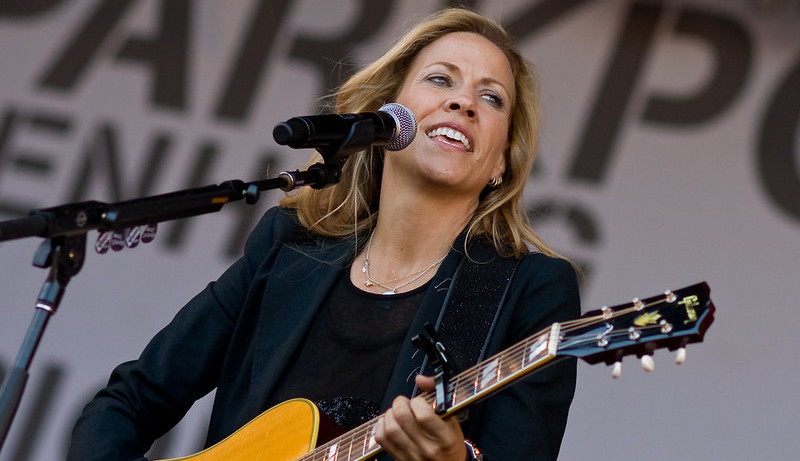
The Rock & Roll Hall of Fame is finally looking a little less sexist.
Music industry veterans Sheryl Crow, Missy Elliott and Kate Bush will lead the 2023 class of performers being inducted this weekend at a ceremony in Brooklyn, New York. They will be recognized alongside the likes of George Michael and Willie Nelson. Singer Chaka Khan will also receive a Musical Excellence Award this year.
“This … incredible group of inductees reflects the diverse artists and sounds that define rock & roll,” John Sykes, chairman of the Hall of Fame, said in a press release.
“Diverse” is a key word here, because in the past, the Hall of Fame has largely been a boys’ club. An Axios study revealed that well over 250 men – but just 43 women – have been inducted since 1986. Also, male nominees are proposed sooner and far more frequently than their women counterparts. (There is also a disproportionate number of men doling out nominations and awards.)
A big part of the problem was brought to light by recent, inflammatory comments made by former Hall of Fame board member and Rolling Stone founder Jann Wenner. During a September interview with The New York Times, Wenner discussed his book, “The Masters,” which profiled numerous music industry mainstays – all of them, white men.
When pressed to offer an explanation for the lack of diversity among his book’s subjects, Wenner said that women and people of color “just didn’t articulate at that level” that white male performers do – an ethos seemingly reflected by his Hall of Fame voting peers over the years.
Wenner has since been ousted from the Hall of Fame’s board, but there is more work to be done – and as performer Courtney Love noted while writing for The Guardian, it’s work that matters. “You can write the Rock Hall off as a ‘boomer tomb’ and argue that it is building a totem to its own irrelevance. Why should we care who is in and who is not?” she wrote.
Love continued: “But as scornful as its inductions have been, the Rock Hall is a bulwark against erasure, which every female artist faces whether they long for the honor or want to spit on it.”
Amid the controversy, Hall of Fame chairman Sykes has voiced intentions to do better going forward – beginning with this year’s class. “What I’ve tried to do with the nominating committee is shine a light on the fact that these women and people of color have been underrecognized and need to be nominated and then inducted,” he told the Times this week.
“We have to do better, but we’re making progress,” Sykes added.



